Parenting Perfection: 16 Reasons Chasing The “Right” Way Is Actually Holding You Back
You ever sit on the laundry room floor, surrounded by mismatched socks and that feeling that everyone else got a manual you didn’t? Yeah, me too.
It’s wild how easy it is to think there’s a single “right” way to parent—and how heavy that pressure can get when you try to chase it. I’m not here to give you another set of rules. I’m here to pull the curtain back, tell the truth, and maybe even let us laugh about how hard we try to keep it together.
Here’s what really happens when we chase “perfect” in parenting—and why letting go might be the best gift we give our kids (and ourselves).
1. Unrealistic Expectations and Stress
Ever set the bar so high you need a ladder just to see it? That’s what happens when perfection sneaks into your parenting.
You start out thinking you’ll bake the organic muffins, never raise your voice, and always know what to do. But real life doesn’t look like a Pinterest board. You end up feeling like you’re failing even when you’re moving mountains.
The stress sits in your chest, hot and heavy, burning through small joys. You lie in bed replaying the day, thinking of what you could have done better, convinced everyone else has it figured out. Perfectionism doesn’t offer peace—it just keeps raising the bar.
2. Impact on Parent-Child Relationships

Have you ever watched your kid retreat behind a wall you didn’t realize you’d built? That’s what this does in a family.
When you focus on getting everything right, you start measuring moments instead of living them. Instead of enjoying a messy art project, you worry about the stains and the cleanup. You miss the giggle that could have been shared.
Kids feel this distance too, even if they can’t name it. The need to get it “right” can pull you apart, making connection feel like another box to check. The warmth fades. The gap grows.
3. Modeling Perfectionism to Children
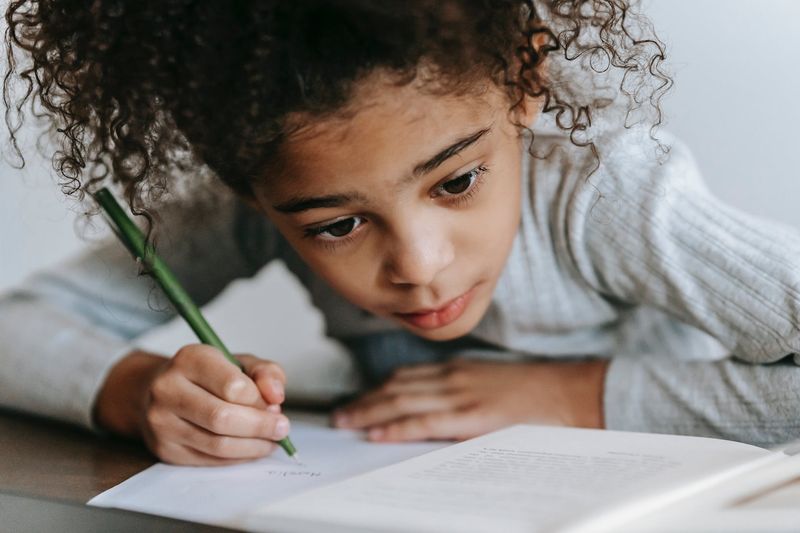
Remember when you thought parenting was about teaching manners or math facts? Turns out, kids are watching how you handle your own mess-ups, too.
If they see you stress over every tiny flaw, they learn that mistakes are disasters, not detours. Suddenly, your child is erasing homework until the paper rips, worried they’ll never get it “just so.”
It’s wild how quickly your worries become their worries. They pick up on the vibe that only perfect is good enough. And just like that, you’re not just carrying your load—you’re passing it on.
4. Passing on Perfectionistic Tendencies
Do you ever catch your kid lining up their toys just so, brow furrowed, breathing shallow? That’s not coincidence—it’s a reflection.
The pressure leaks out in ways you don’t expect. Suddenly, your child is double-checking, triple-checking, never quite sure anything they do is enough. You want to tell them it’s okay, but the pattern’s already in motion.
This isn’t about neatness or hard work. It’s about a weight that doesn’t belong on tiny shoulders. You start wondering what else they’re learning from you besides how to tie their shoes.
5. Fear of Making Mistakes
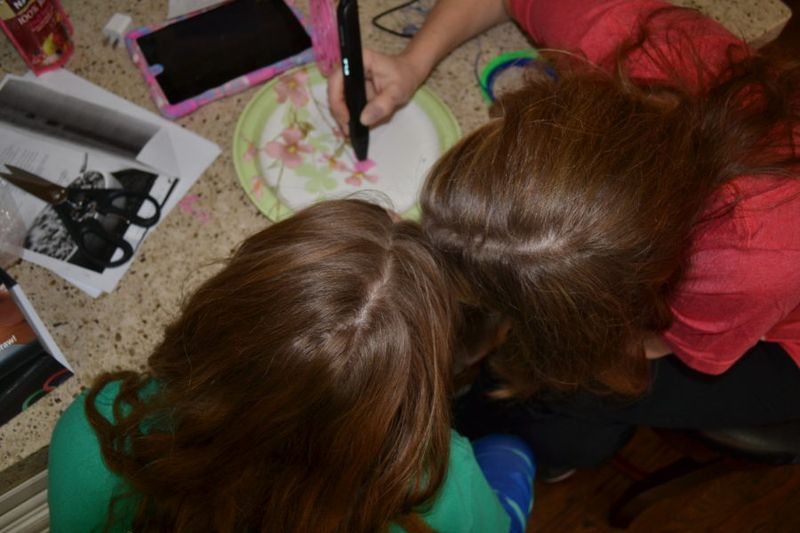
Do you freeze every time something goes sideways, afraid you’ll mess it up even more? That’s perfectionism whispering in your ear.
Every minor mishap feels like a test with no right answer. You second-guess your choices, biting your tongue instead of laughing at the mess. The fear makes you tense, and your kid notices.
Instead of learning that mistakes are a part of life, your child learns to fear them. You’re stuck—neither of you can breathe until everything is “fixed.” The joy of the moment slips away.
6. Difficulty with Flexibility

Did you ever tried to stick to a plan so tightly you forgot to look up and see what your kid needed right then? I’ve done it more times than I want to admit.
You clutch the schedule like a shield, praying nothing goes off-script. When it inevitably does—a sudden tantrum, a muddy shirt, a spontaneous park pit stop—you feel like you’re losing.
But those unplanned moments? That’s where the real memories hide. Flexibility isn’t failure. Holding too tight just means you miss the wild, beautiful mess right in front of you.
7. Focus on Appearance Over Connection
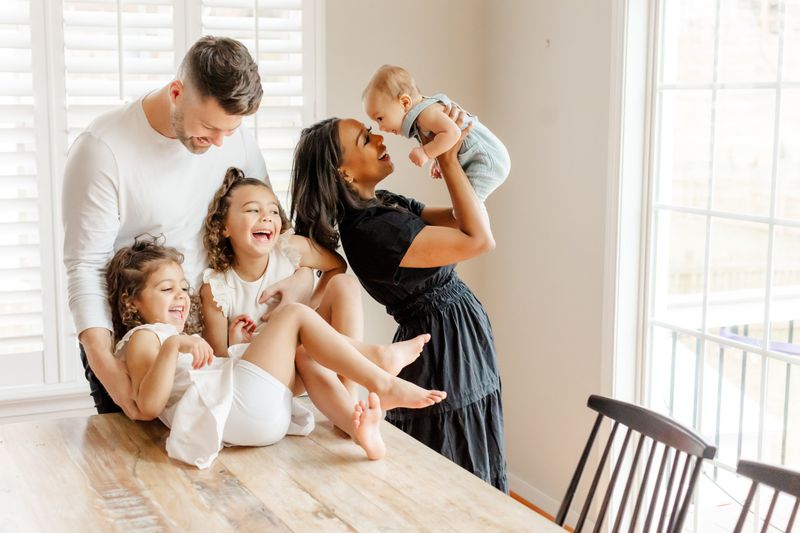
Ever spent so long trying to get the perfect family photo that you missed the laughter happening just out of frame? Guilty.
It’s easy to get caught in the trap of making everything look right. Matching outfits, clean faces, camera-ready smiles—none of it matters if nobody’s having fun. The real magic is in the goofy, imperfect moments you can’t stage.
Chasing appearances can turn connection into a performance. Your kids remember how you made them feel, not how their hair looked. The heart doesn’t care about perfect lighting.
8. Excessive Criticism and Self-Criticism

Do you ever catch your inner critic louder than your actual voice? I have, and sometimes it stings worse than a scraped knee.
You point out your own mistakes in whispers or sighs, and your kid catches every one. Then, before you notice, they do it too—apologizing for their drawings, shrinking from praise, waiting for correction.
That cycle of criticism, it’s contagious. The house fills with what’s missing instead of what’s right. The warmth fades. Little hearts start to doubt themselves.
9. Difficulty Showing Vulnerability

Ever tried to swallow your feelings in front of your kid, thinking that’s what strong looks like? Newsflash: they see more than you think.
Vulnerability feels risky, especially when you’re aiming for perfect. You hold it in, put on a brave face, and hope nobody notices. But those moments—when you let a tear slip or admit you’re scared—are the real lessons.
Kids learn how to handle big feelings by watching you handle yours. Hiding them only teaches that emotions are something to be ashamed of. Nobody wins that game.
10. Burnout and Resentment

Burnout doesn’t just creep in—it crashes through the door when you try to do it all. You keep saying yes, keep picking up the slack, until you’re running on fumes.
The resentment sneaks up, souring the sweetest moments. You snap at spilled milk, sigh at bedtime stories, and dream of a weekend alone. Somehow, even love feels heavy.
This isn’t about failing. It’s about forgetting you’re human, too. Nobody can pour from an empty cup, and no child wants a mom who’s just a shell of herself.
11. Fear of Judgment

Have you ever felt your stomach knot after posting a picture that didn’t get enough likes? The fear of judgment is real, and it’s relentless.
You second-guess every decision—screen time, snacks, how you discipline—because someone, somewhere might disapprove. The pressure gets louder when you start comparing your behind-the-scenes to someone else’s highlight reel.
Kids pick up on this, too. They see you worrying about what others think. Suddenly, your home is about performance, not peace. The weight of other people’s opinions gets heavier than your own.
12. Struggling to Celebrate Small Wins

How many times have you brushed past a tiny victory because you were already thinking about what’s next? I’ve lost count.
Your kid learns to reach for your approval, desperate for that high-five or proud smile. But when you can’t pause to notice, the moment fizzles. The drawing goes on the fridge, but the connection is missing.
Celebrating small wins is where confidence grows. Without it, everything starts to feel like just another item on a never-ending to-do list. Both of you lose out.
13. Difficulty in Setting Realistic Boundaries

Ever said yes when you meant no, just to keep everyone happy? That’s the soundtrack of perfectionist parenting.
You stretch yourself thin, thinking you can hold it all together. But when the boundaries blur, resentment builds. You’re snapping at the kids, missing deadlines, and feeling stretched so thin you could snap.
Setting boundaries isn’t selfish—it’s survival. When you try to do it all, you end up doing nothing well. Everyone feels the fallout, especially you.
14. Impact on Children’s Self-Esteem

Remember when a gold star felt like winning the lottery? For some kids, that gets lost when perfection is the standard.
You think you’re motivating them to aim high, but they hear they’re not good enough unless they’re flawless. Every mistake becomes proof they’re failing, not just learning.
Over time, their self-worth takes a hit. They hesitate to try new things, afraid of letting you down. The sparkle in their eyes dims, replaced by worry lines you wish you could erase.
15. Reduced Emotional Availability

Did you found yourself physically present but emotionally miles away? You’re in the same room, but your mind is racing with to-dos and regrets.
Kids notice when you check out. They reach for you, craving connection, and when it’s not there, they start to turn inward. The distance grows with every distracted nod.
Emotional availability isn’t about saying the right thing—it’s about really being there. When perfection steals your presence, everyone feels a little more alone.
16. Missed Opportunities for Growth

Did you know the best banana bread I ever made was the one we burned? My son and I still laugh about it.
Chasing perfection means missing out on the beauty of mistakes—the unplanned lessons, the shared laughter, the stories you tell for years. When you stop worrying about messing up, you start seeing the real magic in what you’re building together.
Growth isn’t about never failing. It’s about trying, messing up, and learning anyway. That’s what sticks when the flour finally settles.







